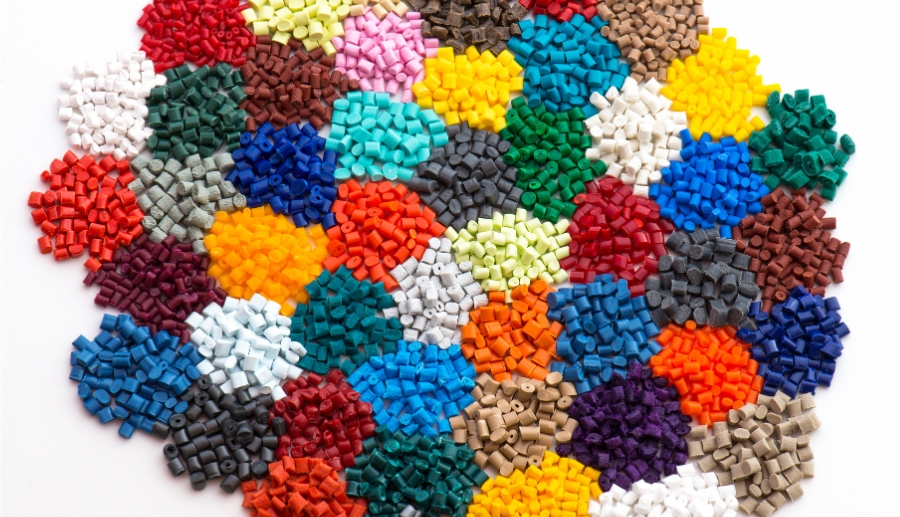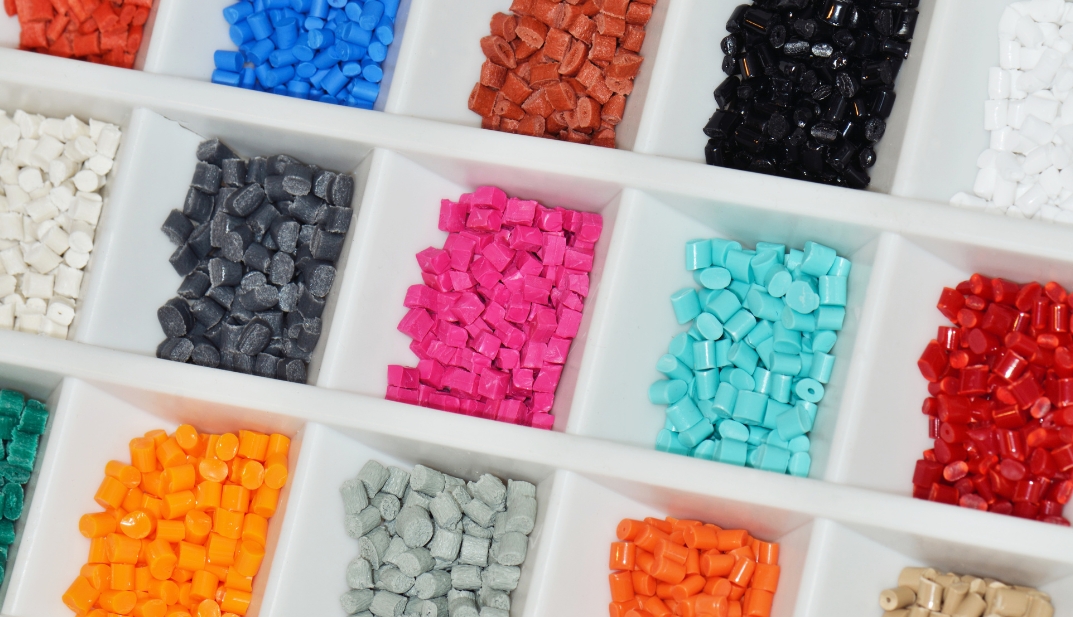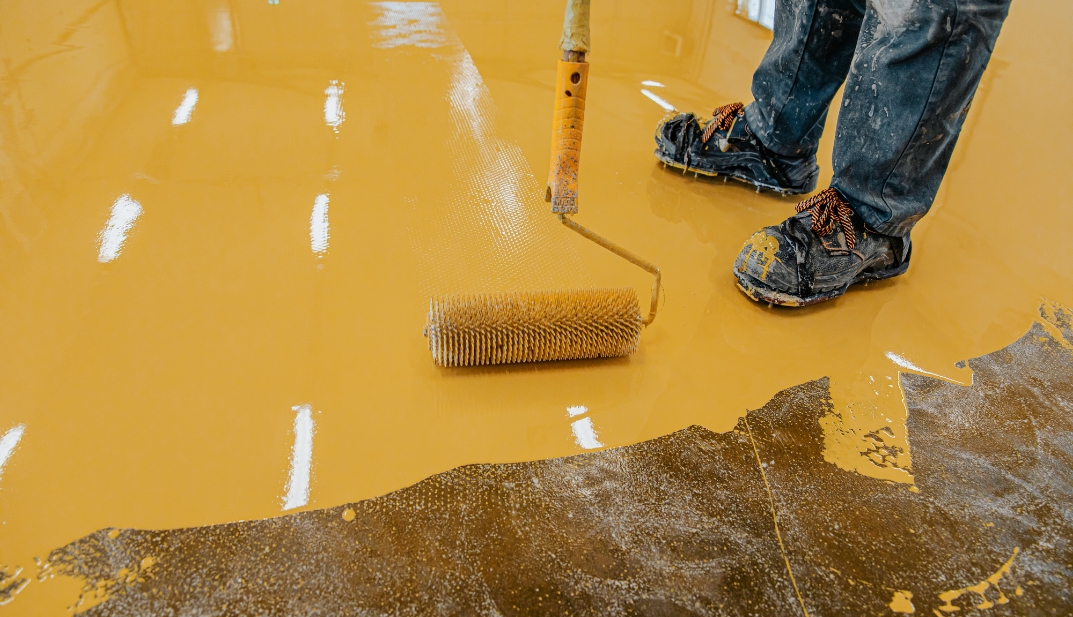
In environments where surfaces are subjected to harsh chemicals, moisture and mechanical wear, the importance of high-performance coatings cannot be overstated. Polyamide Resins-especially when used in conjunction with epoxy systems-play a vital role in delivering both corrosion resistance and structural strength. From industrial equipment to infrastructure projects, epoxy polyamide coatings have become essential for long-term durability and protection.
This technical guide explores how resin polyamide systems are engineered to enhance protective coatings. We break down how co-solvent polyamide resins, polyamide epoxy systems and reactive hardeners like Trimide-140 or Trimide-160 function to reinforce adhesion, prevent moisture penetration and provide a flexible yet robust protective film. Whether you’re evaluating polyamide resin suppliers or designing a new coating formulation, this article offers a practical roadmap grounded in industrial expertise.
Polyamide Resins in Epoxy Coating Systems
Polyamide resins are synthetic polymers derived from the reaction of dimerized fatty acids with polyamines. Their chain structure allows them to act as curing agents in epoxy systems, imparting flexibility, adhesion and chemical resistance.
Types of Polyamide Resins
- Reactive Polyamide Resins: Act as hardeners in epoxy polyamide cured coatings.
- Co-solvent Polyamide Resins: Contain a blend of solvents to optimize application in air-dry or heat-cured systems.

The chemical nature of polyamides ensures low moisture permeability and enhances film integrity, which is critical in anti-corrosive environments. Used in marine, automotive and structural steel coatings, these resins are often found in high build epoxy systems, floor coatings and even in decorative epoxy finishes.
Key Functional Benefits: Why Use Polyamide Epoxy Coatings?
Corrosion Resistance
Polyamide-enhanced epoxy coatings exhibit exceptional resistance to chemicals, saltwater and acidic environments. This is especially critical for:
- Pipeline coatings
- Bridges and offshore structures
- Underground storage tanks
The film-forming ability of polyamide resins prevents micro-cracks and acts as a sealant against corrosive agents.
Structural Durability
Polyamide systems form tough, flexible coatings that withstand:
- Mechanical stress
- Abrasion
- Thermal expansion/contraction
By mitigating micro-fracturing, polyamide-based epoxies protect structural substrates over long operational periods.

Polyamide Resin Uses in Industrial Applications
Polyamide resins can be tailored for various applications depending on formulation:
| Application Area | Recommended Resin | Benefit |
| High Build Coatings | Trimide-160 | Thicker coverage with flexibility |
| General Epoxy Adhesives | Trimide-116, Trimide-126 | High bond strength and thermal stability |
| Tile Grouts & Repairs | Trimide-140 | Chemical resistance and low shrinkage |
| Marine & Steel Structures | Epoxy + Co-solvent Polyamide | Corrosion protection in saline environments |
Optimizing Formulation: Co-solvent Polyamide Resin in Epoxy Systems
Co-solvent polyamide resins combine reactive resins with organic solvents to balance:
- Open time
- Drying speed
- Viscosity for application
These formulations are ideal in brushable, sprayable or roller-applied coatings where a balance of workability and performance is critical.
A good example is a cosolvent polyamide resin with medium viscosity-offering easy application on vertical surfaces, strong wetting on metal substrates and consistent cure without shrinkage or sagging.
Adhesion and Flexibility in Harsh Environments
One of the signature advantages of epoxy polyamide coatings is their dual ability to bond strongly and yet remain slightly flexible. This combination prevents:
- Peeling from thermal shock
- Delamination due to vibration
- Cracking during freeze-thaw cycles

This makes them perfect for outdoor structural coatings, heavy-duty machinery and bridges exposed to temperature variation.
Key Properties of Trimide-Series Polyamide Resins
The Trimide series of Tridev Resins offers industry-grade options for epoxy systems:
- Trimide- 125: Medium viscosity, balanced for adhesives and coatings
- Trimide-126: Enhanced curing for faster cycle times
- Trimide-140: Excellent for maintenance coatings and grouts
- Trimide-160: Designed for high-build structural coatings, potting and encapsulation
Each grade comes with a tailored amine value and reactive functionality, allowing manufacturers to customize performance for surface protection, chemical durability or mechanical strength.
Choosing the Right Polyamide Resin Supplier
When selecting a polyamide resin manufacturer, consider the following:
- Technical support for formulation guidance
- Consistency in resin quality
- Availability of customized grades
- Transparency in specifications
Tridev Resins stands out among suppliers due to its broad resin catalog, strict quality control and industry experience in both adhesives and protective coating segments.

Conclusion
Polyamide resins are more than just additives-they are the backbone of high-performance epoxy coating systems where corrosion resistance and structural reliability are critical. With grades like Trimide-140 and Trimide-160, formulators can design coatings that perform in marine, construction, industrial and repair applications. The versatility of resin polyamide extends from floor coatings to pipeline protections, delivering adhesion, flexibility and chemical resistance in one formula.
For those working on developing or sourcing high-performance coatings, understanding the specific benefits and choosing the correct polyamide resin-from co-solvent polyamide resin types to reactive versions-can mean the difference between short-term solutions and long-lasting protection.
- Rosin Modified Phenolic Resins Applications in Sheet Fed, Web Offset & Lithographic Inks
- Water-Based Acrylic Emulsions Dual Protection: Abrasion Resistance and Bio-Shielding for Coatings
- Formulation Tips for Adhesion Promoter: Balancing Titanium Content and Viscosity in Flexo Ink Systems
- Tailored Phenolic Resin Viscosity: Enhancing Varnish and Low-Temperature Ink Performance
- How Polyamide Resins Enhance Corrosion Resistance and Structural Coating Performance?



